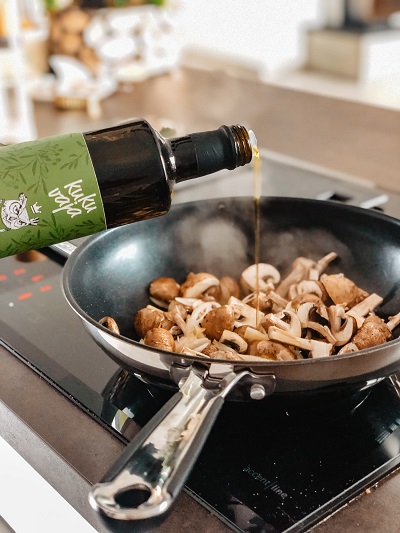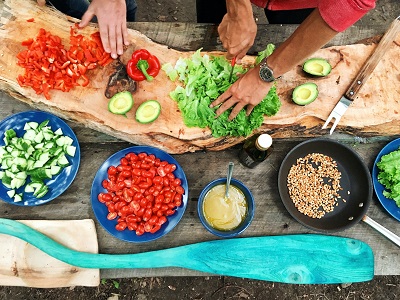Podcast Episode 29 – What’s the deal with oils?
Well, we really don’t need to add oils to our food/diet. Oils add many calories and do not contribute much to our nutrition intake. We can eat a whole sweet potato (including the skin) for the same 100/125 calories that are in just 1 tablespoon of oil. Because oils lack fiber, it’s easy to over-consume […]
Continue Reading

